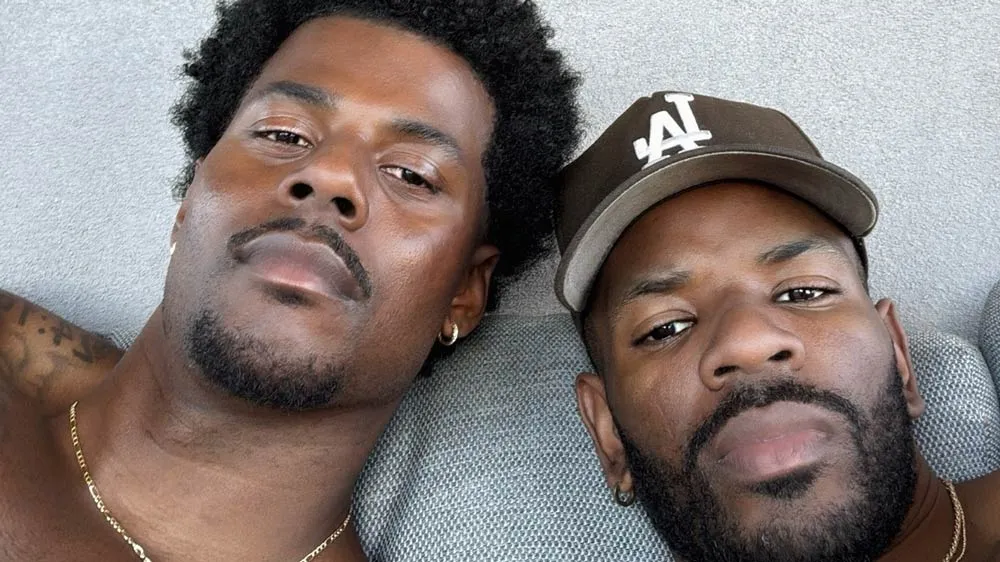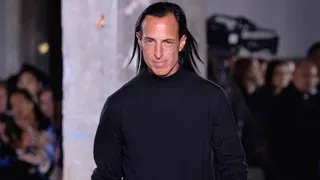June 24, 2021
Expert: Transgender Olympic Athlete Could Polarize Opinion
Steve McMorran READ TIME: 3 MIN.
A U.S. expert on transgender rights and politics says the participation of New Zealand weightlifter Laurel Hubbard at the Tokyo Olympics might inspire other trans athletes but could also become a focus for conservative activists who oppose greater LGBTQ rights and freedoms.
Dr. Jami Taylor, professor of political science at the University of Toledo, said Hubbard might find herself in a no-win position even if she succeeds when she competes in the women's 87-kilogram plus division.
Hubbard's selection, which will make the 43-year-old New Zealander the first trans athlete to compete at an Olympics, has already drawn criticism from some conservative commentators.
"I suspect that we are going to see opponents of transgender rights frame the Hubbard situation in ways that further their own ends," Taylor said in an email to The Associated Press. "I think they are going to have some success and I would not be shocked if the IOC and other sporting bodies end up tightening their policies if those polices were relatively permissive.
"In the U.S., that has and will continue to happen at the state level until we have some national level policy."
Hubbard's participation at Tokyo is a major milestone for transgender athletes and possibly an inspiration to others, Taylor said, but may also attract condemnation.
"I think it is likely that a backlash is building on this," she said. "We see it in various states in the U.S.
"The International Olympic Committee has also noted that its policies on trans people participating are open to further review as more medical and scientific evidence emerges."
Taylor said Hubbard is "now part of this body of evidence."
"In some respects, Hubbard is in a no-win situation," Taylor said. "If she medals, her performance will certainly be used by opponents to argue that trans women should be subject to greater restriction if not an outright ban."
Hubbard rarely gives media interviews and tends to shun the spotlight. Inevitably, though, it follows her to each competition.
"In some respects, this is the best Olympic games for her to be at," Taylor said. "The reduced crowd capacity and restrictions on yelling due to COVID-19 will limit the ability of fans to affect her performance by booing and yelling."
"It will not just be fans though," Taylor added. "I suspect that she is going to get a lot of hostile questions from reporters... especially from segments of the U.S. and U.K. media who have been on the warpath over trans women in sport."
Some critics of inclusion argue that transgender women have intrinsic advantages of physiology and strength in some sports. Some female athletes have cited that in calling for Hubbard's exclusion, and conservatives have amplified it.
Taylor, who teaches in areas including public policy and American politics and is a co-author of the book "The Remarkable Rise of Transgender Rights," conceded that the inclusion of transgender women in sport involves complicated issues.
"Gender transition changes some but not all biological factors that may contribute to performance differences that exist on average between males and females," Taylor said. "There is also the gender bias that may negatively affect sporting opportunity for many women and most trans women have not faced that.
"Regardless of that, societal averages don't compete, individuals do. And their circumstances vary. Individuals also have rights."
Hubbard, who won a silver medal at the 2017 world championships and gold in the 2019 Pacific Games in Samoa, will be ranked fourth in the Olympic competition on Aug. 2.
She competed at the 2018 Commonwealth Games on Australia's Gold Coast but sustained a serious injury that set back her career.
"I am grateful and humbled by the kindness and support that has been given to me by so many New Zealanders," Hubbard said in a statement when her selection was announced earlier this week. "When I broke my arm at the Commonwealth Games three years ago, I was advised that my sporting career had likely reached its end. But your support, your encouragement, and your aroha (love) carried me through the darkness."






